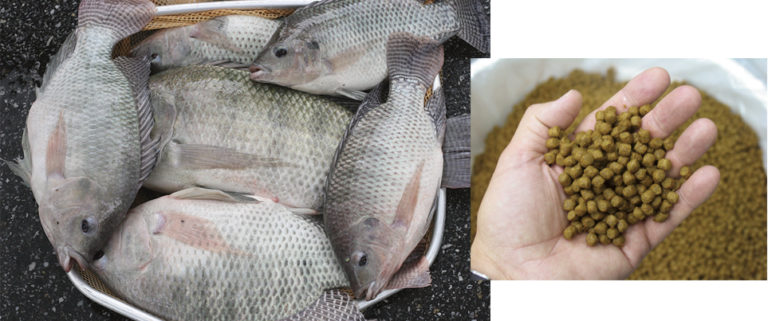
Aquafeeds
Lipid, fatty acid requirements of tilapia
Dietary lipids are important sources of energy and the essential fatty acids needed by fish for growth and development.
Health & Welfare
Published information on the effects of including organic acids and their salts at low concentrations in aquafeeds varies according to fish species and age, as well as the types and levels of organic acids and salts used.

Aquafeeds
Dietary lipids are important sources of energy and the essential fatty acids needed by fish for growth and development.
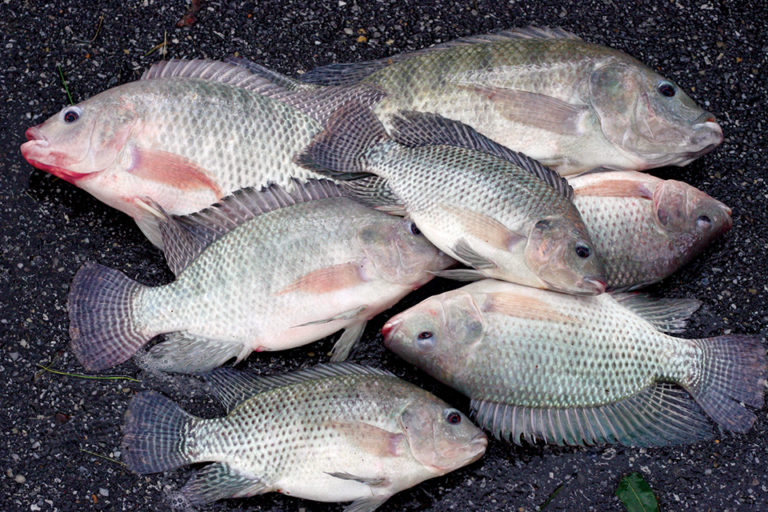
Health & Welfare
A study of Nile tilapia provided feed with varying dietary lipid sources found that fish fed a diet with beef tallow exhibited poorer survival and growth performance than fish fed diets with plant oils, fish oil, or combinations of oils and tallow.
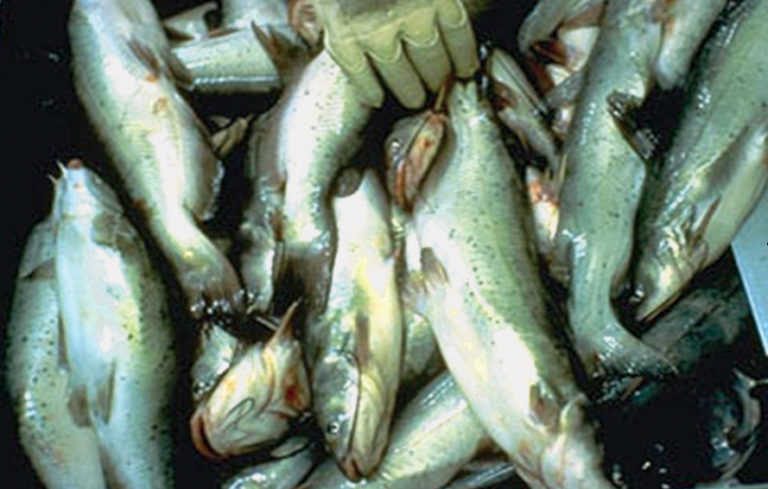
Health & Welfare
Witholding feed from channel catfish during the manifestation of enteric septicemia is a common practice, but discontinued feeding after an ESC challenge increased mortality.
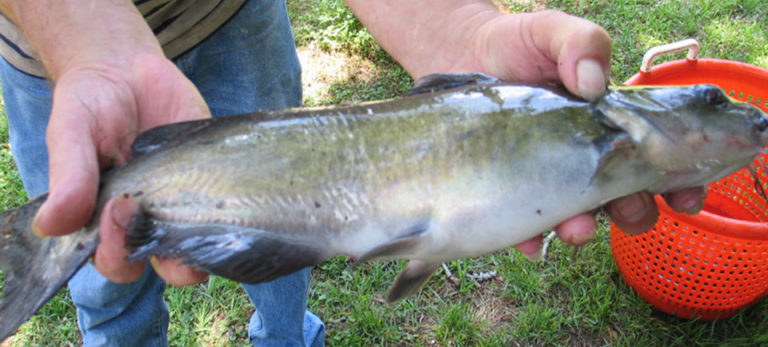
Health & Welfare
The amount of cottonseed meal that can be included in fish diets depends mainly on its levels of free gossypol and available lysine.
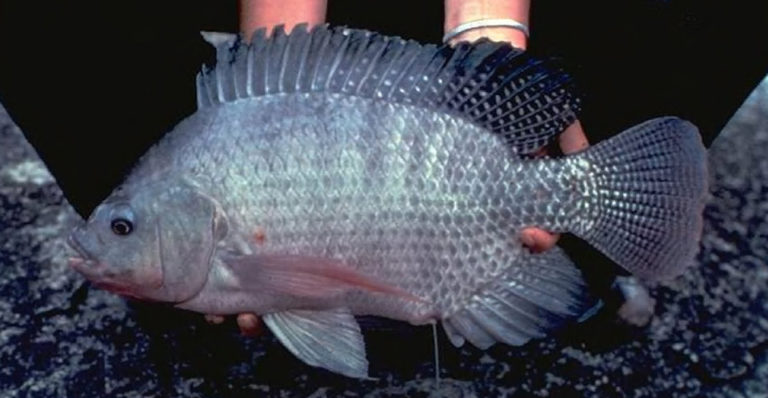
Health & Welfare
Dietary gossypol from cotton seeds, if present in large amounts in a diet, causes unfavorable physiological effects in monogastric animals including fish.
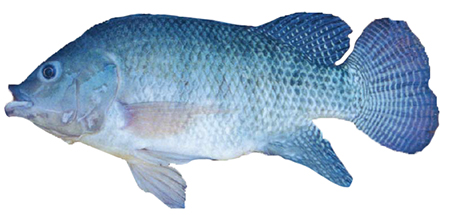
Health & Welfare
Cottonseed meal is less expensive than soybean meal, and studies have explored whether it can be incorporated in fish diets without affecting growth performance.